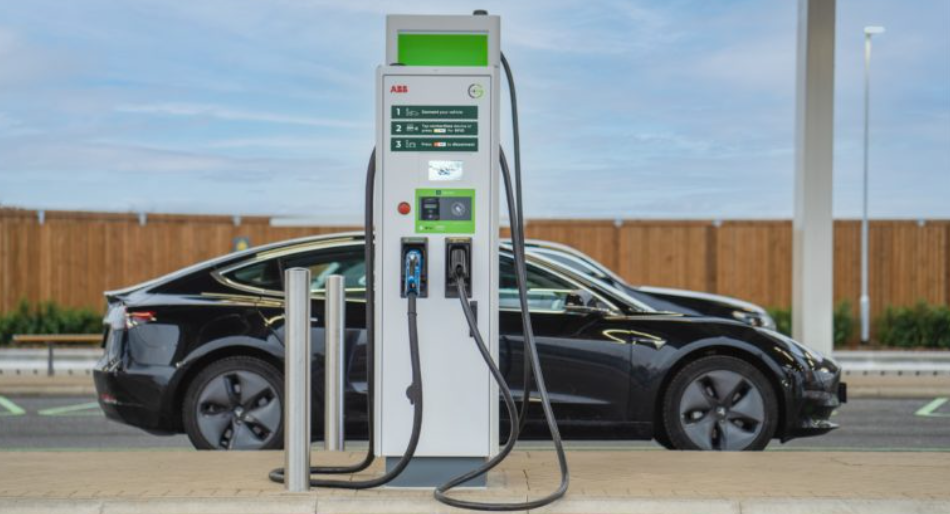In recent years, there has been a growing emphasis on sustainable transportation as a means to reduce carbon emissions and combat climate change. Electric vehicles (EVs) have emerged as a popular alternative to traditional gasoline-powered cars, offering a cleaner and more environmentally friendly mode of transportation. As the popularity of EVs continues to rise, the need for a reliable and comprehensive network of electric car charging stations (also known as ‘ laadstations voor elektrische auto's’ in the Dutch Language) is more critical than ever.
The Rise of Electric Vehicles
Electric vehicles have gained significant traction in the automotive industry in recent years, thanks to advancements in battery technology, government incentives, and growing environmental awareness among consumers. As a result, major automakers have been investing heavily in developing electric vehicles to meet the increasing demand for clean and sustainable transportation options.
Benefits of Electric Vehicles
- Zero emissions: Electric vehicles produce zero tailpipe emissions, helping to reduce air pollution and combat climate change.
- Lower operating costs: Compared to gasoline-powered cars, electric vehicles are more cost-effective to operate, with lower fuel and maintenance costs.
- Energy independence: Electric vehicles can be powered by renewable energy sources, reducing dependence on fossil fuels.
- Quiet and smooth driving experience: Electric vehicles are quieter and offer a smoother driving experience compared to traditional internal combustion engine vehicles.
The Importance of Electric Car Charging Stations
One of the key challenges facing the widespread adoption of electric vehicles is the availability of a reliable network of electric car charging stations. Without convenient and accessible charging infrastructure, EV owners may be deterred from making the switch to electric vehicles. As a result, governments, businesses, and other stakeholders have been working to expand the network of electric car charging stations to meet the growing demand for EVs.
Types of Electric Car Charging Stations
- Level 1: Standard 120-volt AC outlet, slowest charging option.
- Level 2: 240-volt AC outlet, faster charging option suitable for residential and commercial settings.
- DC Fast Charging: High-powered charging option that can charge an EV to 80% in 30 minutes, ideal for public charging stations along highways and in urban areas.
The Future of Electric Car Charging Stations
As the adoption of electric vehicles continues to grow, the future of electric car charging stations is bright. Advances in charging technology, increased government funding, and partnerships between automakers and charging station operators are helping to accelerate the expansion of the electric car charging infrastructure.
Key Trends Shaping the Future of Electric Car Charging Stations
- Ultra-fast charging: The development of ultra-fast charging technology will enable EV owners to charge their vehicles quickly and conveniently, making long-distance travel more feasible.
- Wireless charging: Wireless charging technology is being developed to allow EVs to be charged without the need for physical cables, offering a more seamless charging experience.
- Solar-powered charging stations: Solar-powered charging stations are being deployed to provide clean and renewable energy for charging electric vehicles, further enhancing their environmental benefits.
- Smart charging infrastructure: The integration of smart technology into charging stations will allow for more efficient management of charging sessions, grid integration, and payment processing.
Challenges and Opportunities
While the future of electric car charging stations looks promising, there are still challenges that need to be addressed to ensure the widespread adoption of electric vehicles.
Challenges
- Range anxiety: Concerns about the limited driving range of electric vehicles and the availability of charging stations may deter consumers from purchasing an EV.
- Interoperability: A lack of standardized charging protocols and connectors can make it difficult for EV owners to access charging stations operated by different networks.
- Infrastructure investment: Expanding the network of electric car charging stations requires significant investment in infrastructure, posing a challenge for governments and private companies.
Opportunities
- Public-private partnerships: Collaborations between governments, automakers, and charging station operators can help accelerate the deployment of electric car charging stations.
- Incentives and subsidies: Government incentives and subsidies for EV purchases and charging infrastructure can encourage more consumers to switch to electric vehicles.
- Community engagement: Engaging with local communities to identify suitable locations for charging stations and addressing any concerns can help promote the adoption of electric vehicles.
